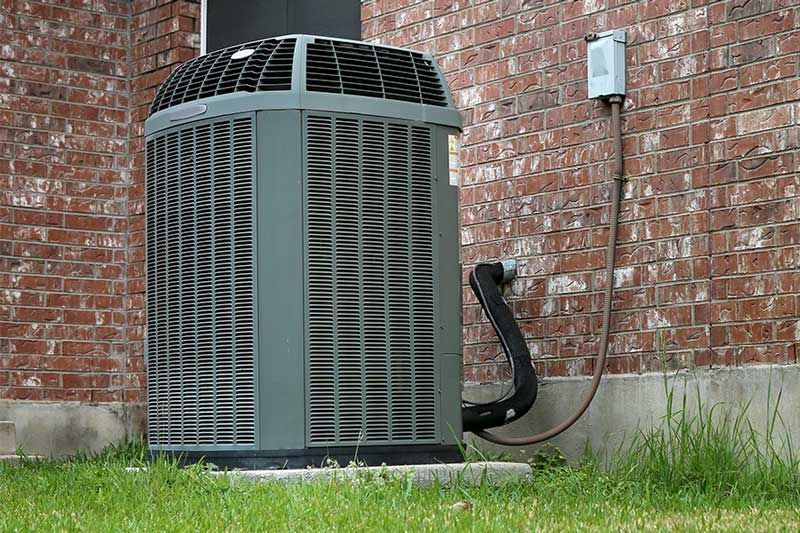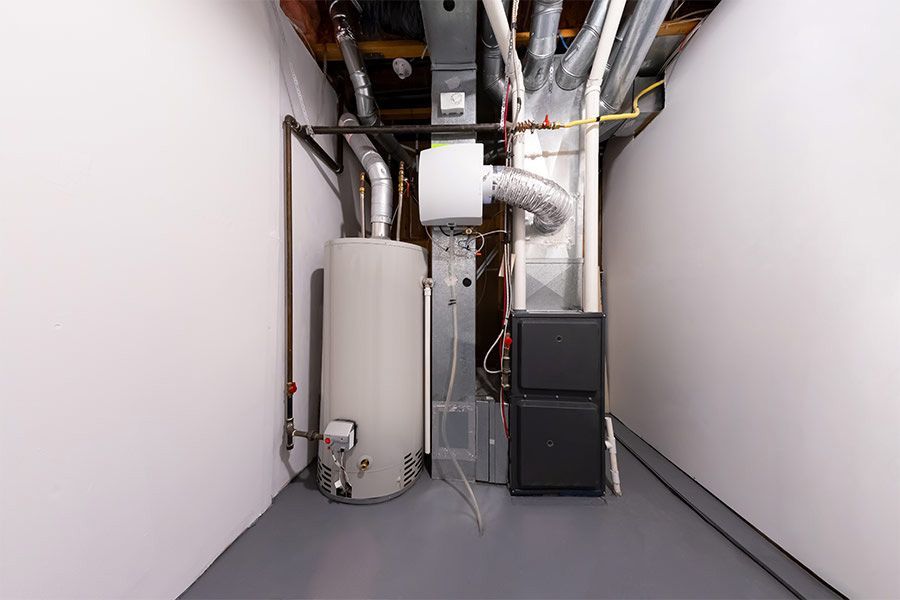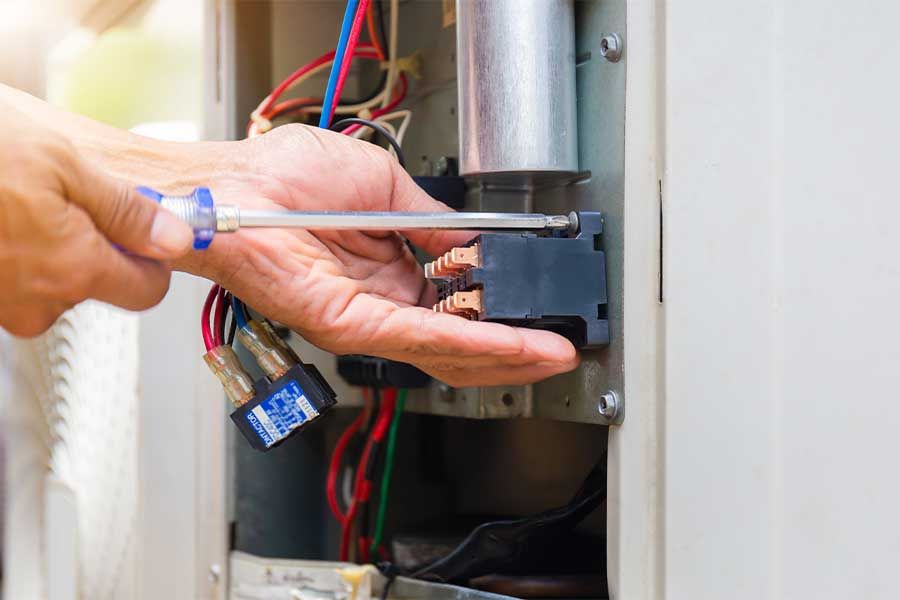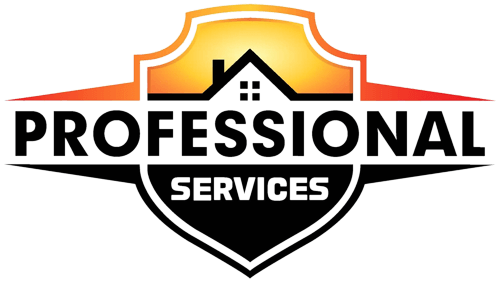Can HVAC Cause Carbon Monoxide in Thiensville, WI?
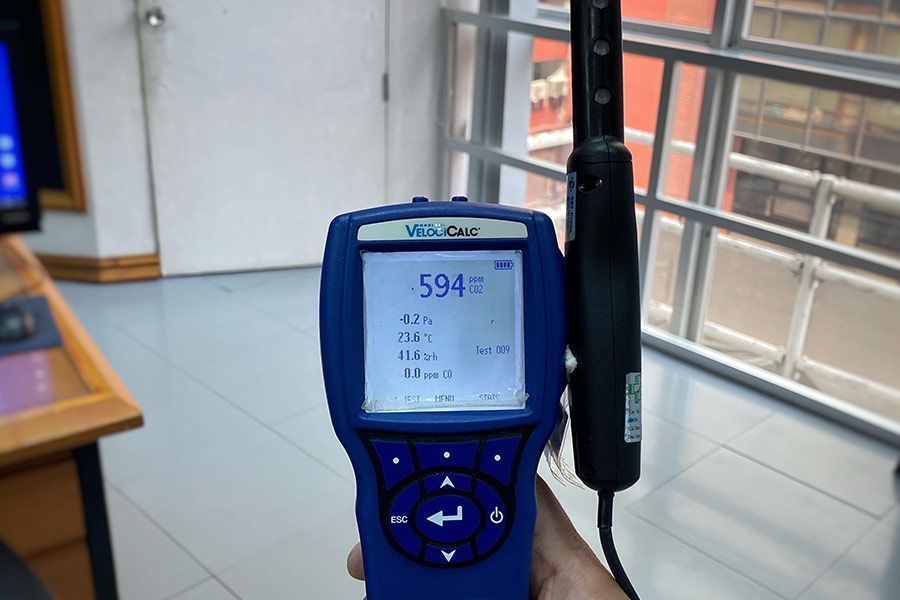
Carbon monoxide isn't something you want inside your home. Though you can't see this gas, certain things inside your property can produce and possibly trigger disastrous results. As such, you might want to know, "Can HVAC cause carbon monoxide?"
Professional Services is a top-rated provider of HVAC services in Thiensville, WI. Our skilled technicians understand the dangers of malfunctioning heating systems. Consult our guide to learn more about the connection between HVAC and carbon monoxide.
What Is Carbon Monoxide?
Before answering "Can HVAC cause carbon monoxide?" you should learn about the gas and why it's a major concern for Thiensville properties. Carbon monoxide is a deadly, odorless, colorless gas that, with prolonged exposure, could cause serious illness or death. It forms by burning fossil fuels like natural gas, oil, gasoline, or propane.
Though small amounts of natural-forming carbon monoxide aren't generally harmful, extended exposure to the combustion by-product is hazardous. Numerous items in a Thiensville house could produce the gas, including:
- Vehicles
- Stoves
- Water heaters
- Space heaters
- Barbecue grills
- Fireplaces
- Lawn mowers
HVAC in Thiensville: Can These Systems Produce Carbon Monoxide?
Can HVAC cause carbon monoxide? Yes, specifically, systems that burn oil or gas, such as furnaces, heat pumps, and boilers. The gas is undetectable by sight and smell, but you might realize your HVAC system is leaking gas if you smell an odor resembling rotten eggs. Gas suppliers add the sulfuric scent to help Thiensville residents know when their property has a gas leak.
Since air conditioners don't burn gas, oil, or other fossil fuels, they don't produce carbon monoxide. However, cooling systems will circulate the gas via ductwork if a leak is present elsewhere and there's not enough ventilation to disperse it outdoors.
If your HVAC malfunctions enough for carbon monoxide to accumulate inside your residence, you and your household are at risk for carbon monoxide poisoning. The flu-like symptoms of this condition include:
- Headaches
- Fatigue
- Chest pains
- Dizziness and confusion
- Nausea and vomiting
Prolonged carbon monoxide exposure can cause loss of consciousness and death. If you think your home has a gas leak due to an HVAC issue, turn your system off, vacate the premises, and call 911.
How HVAC Systems Contribute to Carbon Monoxide Exposure
The fossil fuel-burning appliances in your house have vents to prevent fumes from accumulating indoors. If something goes wrong with the vents or the appliance, including furnaces and boilers, carbon monoxide can become a serious problem.
Can HVAC cause carbon monoxide exposure? Here are some reasons it could:
- Damaged Heat Exchangers. Furnace heat exchangers can form cracks over time due to a lack of maintenance and the frequent expansion and contraction of the metal component.
- Vent Pipe Obstructions. Sometimes debris, rust, and animal nests inside ventilation pipes can cause clogs that prevent the combustion gases from exhausting outdoors.
- Lack of Ventilation. If your home has insufficient vents or incorrect vent pipe installation, carbon monoxide can leak indoors from the HVAC system.
- Clogged Air Filters. Furnace filters trap airborne debris around the furnace's air supply. Unfortunately, clogged filters can restrict airflow, forcing the system to overwork itself and causing heat exchanger cracks from overheating.
Tips for Preventing Carbon Monoxide Poisoning From Heating and Cooling Units
Here's what you should do to keep the HVAC system at your Thiensville home from producing and leaking deadly carbon monoxide into your residence:
- Install Carbon Monoxide Detectors. Placing carbon monoxide detectors around your home and outside of bedrooms can warn you of deadly gas buildups before they trigger illness.
- Schedule Regular Maintenance and Tune-Ups for Your HVAC Unit. Annual maintenance and professional tune-ups will keep your heating and cooling systems in excellent condition by addressing problems that could cause a carbon monoxide leak early.
- Replace Your Air Filter Regularly. To prevent your HVAC unit from overheating, you should replace or clean the filter every one to three months.
- Run Gas-Powered Equipment Outdoors. Only run lawnmowers, grills, and cars outdoors to keep gas emissions outdoors.
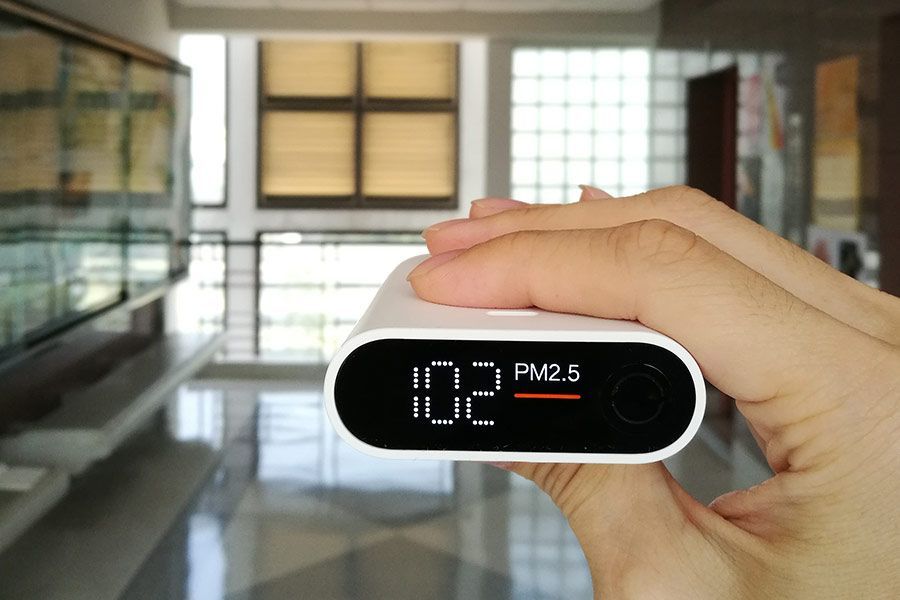
Let Professional Services Protect Your Property in Thiensville
The answer to "Can HVAC cause carbon monoxide?" is clear. Furnaces can generate this hazardous gas during combustion, and air conditioners can circulate it indoors, yet essential HVAC system checks and repairs can significantly reduce the risk.
Our experts at Professional Services in Thiensville, Wisconsin, understand the dangers of malfunctioning HVAC systems and carbon monoxide. As the number one choice for comprehensive heating and cooling service,s including furnace repairs and tune-ups, we prioritize our customers' safety. We use our expertise and years of direct experience to deliver outstanding solutions with long-term results to all clients.
We're here to help. Contact Professional Services today!
You might also like
